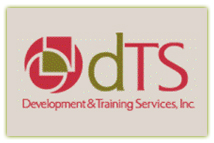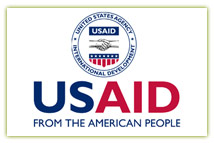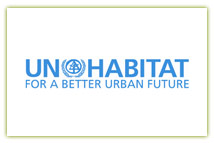


Who we are ?
A&B Consulting is a consulting firm based in Dakar, Senegal and working exclusively on Monitoring, Evaluation and environmental impact assessments.A & B Consulting has a pool of experienced consultants (both junior and senior) who have worked exclusively in development. Our team has mastery and experience consulting and building capacity on several major development and humanitarian themes, for several international agencies and several countries. Monitoring and evaluation of project activities are essential for assessing the progress made towards the goals and results. For the A & B Consulting team, we seek to improve Monitoring Evaluation systems as a means through which to ensure the best impact on the lives of beneficiary communities. We firmly believe that monitoring is more than just collecting information on the project. It is the systematic and continuous evaluation of progress over time by collecting and analyzing information and using that information to improve the work within the project and in the end the lives of beneficiaries. Evaluation is a periodic assessment of the results or impact of a project. Monitoring and evaluation become tools to identify strengths and weaknesses and to make sound and timely decisions.The environmental impact studies ex-ante or ex post allows us to anticipate, minimize or correct if necessary, any impact that our projects would leave in our environment. Their importance stems from the fact that we must work with all the effort possible to leave the least possible negative impact on the environment, when we try to implement a project. A & B Consulting is accredited duly registered and approved to compete on the requests of U.S. government agencies, the World Bank and NATO.
Our Clients








Practionners’ manuals
Handbook on Monitoring and Evaluation for Results
The growing demand for development effectiveness is largely based on the realization that producing good “deliverables” is not enough. Efficient or well-managed projects and outputs will lose their relevance if they yield no discernible improvement in development conditions and ultimately in peoples’ lives. The United Nations Development Programme is therefore increasing its focus on results and how it can better contribute to them.
Practical Guide on Monitoring and Evaluation of Rural Development Projects
IFRC M&E Guide
Strategy 2020 voices the collective determination of the International Federation of Red Cross and Red Crescent Societies (IFRC) to move forward in tackling the major challenges that confront humanity in the next decade. Informed by the needs and vulnerabilities of the diverse communities with whom we work, as well as the basic rights and freedoms to which all are entitled, this strategy seeks to benefit all who look to Red Cross Red Crescent to help to build a more humane, dignified and peaceful world.
Monitoring & Evaluation : Some tools , methods and approaches
The first edition of this report was prepared by Mari Clark and Rolf Sartorius (Social Impact). A number of World Bank staff who made substantive contributions to its preparation are gratefully acknowledged, including Francois Binder, Osvaldo Feinstein, Ronnie Hammad, Jody Kusek, Linda Morra, Ritva Reinikka, Gloria Rubio and Elizabeth White. This second edition includes an expanded discussion of impact evaluation, prepared by Michael Bamberger (consultant). The task manager for
Monitoring and Evaluation – Quick Reference
Monitoring and evaluation guidance and tools
News
uvxfvdxfvdfg csfg cfdf



